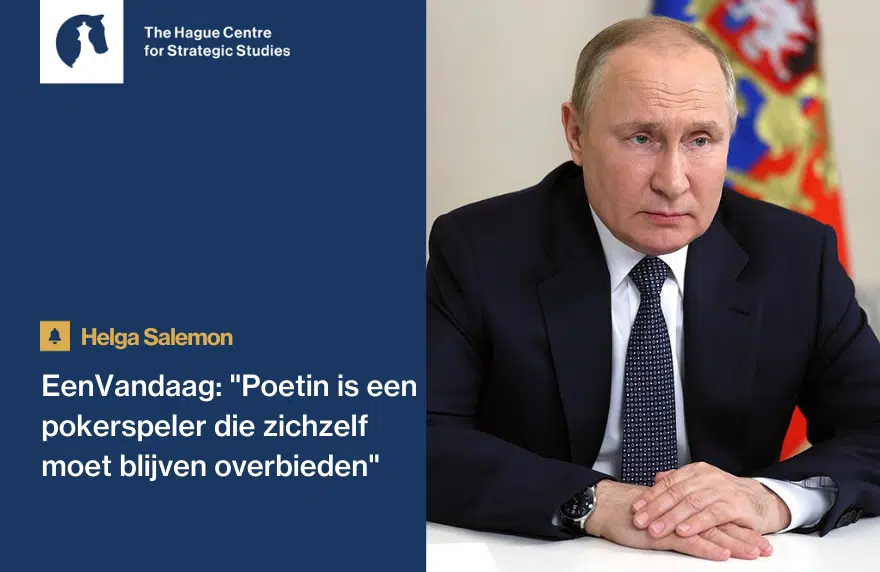De spanningen aan de duizenden kilometers lange grens tussen China en India lopen steeds hoger op. Maandag kwamen twintig Indiase militairen om het leven bij een geweldsuitbarsting. Wat is er aan de hand en hoe gaat dit aflopen? Onderzoeker Richard Ghiasy geeft uitleg bij RTL Nieuws.
Gezien het aantal doden aan Indiase kant is het zeer waarschijnlijk dat er ook Chinese doden zijn gevallen. Er gaan geruchten over veertig doden, vertelt Richard Ghiasy, onderzoeker bij The Hague Centre for Strategic Studies (HCSS), maar officieel is van Chinese zijde niets bekendgemaakt.
Door het dodelijke incident van deze week lijkt het conflict nu op te laaien, maar […] het rommelt al jaren in het grensgebied. “Ik zou niet zeggen dat het nu per se oplaait. Maar het is wel intenser”, vult Ghiasy aan, wijzend op het feit dat er voor het eerst in zo’n 45 jaar doden zijn gevallen.
Ook vanuit Indiaas perspectief kan de Covid-crisis meespelen. India is economisch en sociaal hard geraakt, legt Ghiasy uit, en er zijn veel vragen over het ontstaan van het virus en waarom het zo lang heeft geduurd voor China openheid gaf.
Dat zorgt ervoor dat er ook in India wel binnenlandse druk ontstaat om spierballen te laten zien.
Toch denkt Ghiasy niet dat er van hogerhand opdracht is gegeven vanuit India om een dodelijke confrontatie op te zoeken. “India zou een conflict niet aankunnen en ook niet willen.” Ook China heeft geen trek in een militair conflict, voegt hij eraan toe.
Dat de doden naar het zich laat aanzien zijn gevallen bij een zeer gewelddadig handgemeen, laat ook zien dat beide kanten er bedacht op zijn om het conflict niet militair uit de hand te laten lopen.
Volgens de officiële berichten is er niet geschoten, en dat is maar goed ook. “Dan kan het enorm uit de hand lopen. De afspraak is om dat niet te doen”, aldus Ghiasy.
Ghiasy noemt de geweldsopleving een piek in het patroon, ‘maar die komt niet uit het niets’. Uiteindelijk hebben beide landen, die samen tegen de 40 procent van de wereldbevolking huisvesten, te veel te verliezen bij oorlog.
Lees het hele artikel bij RTL Nieuws.




